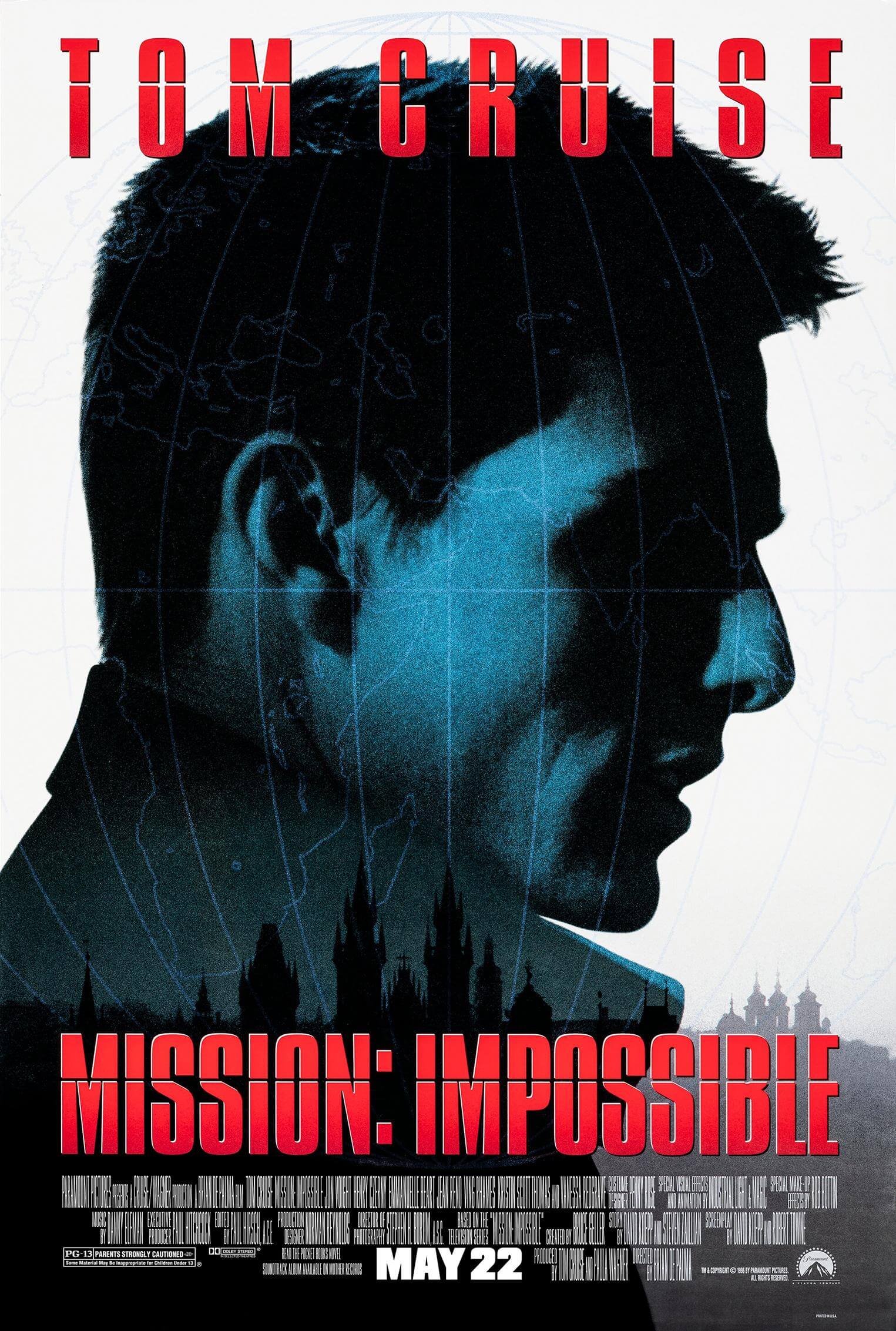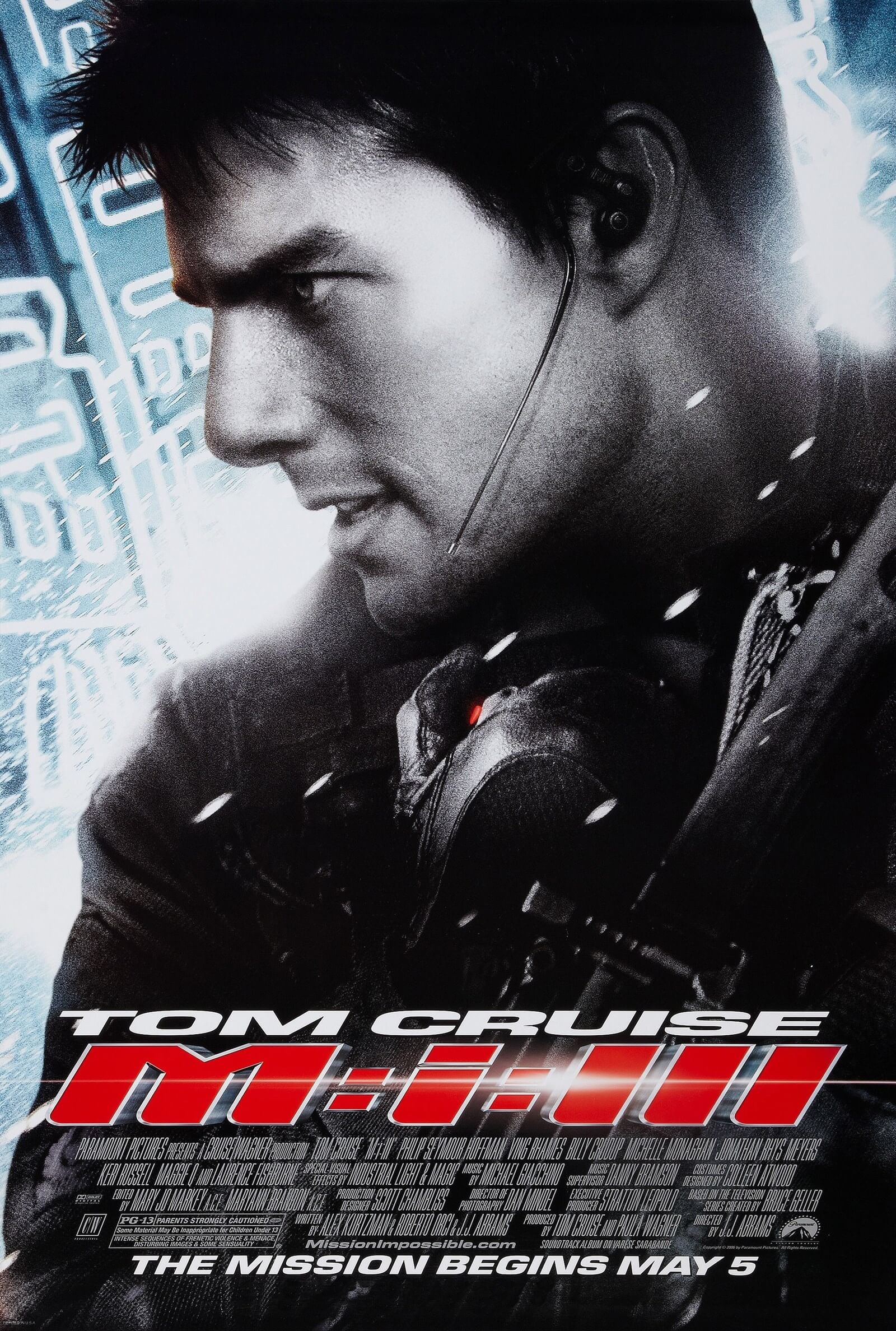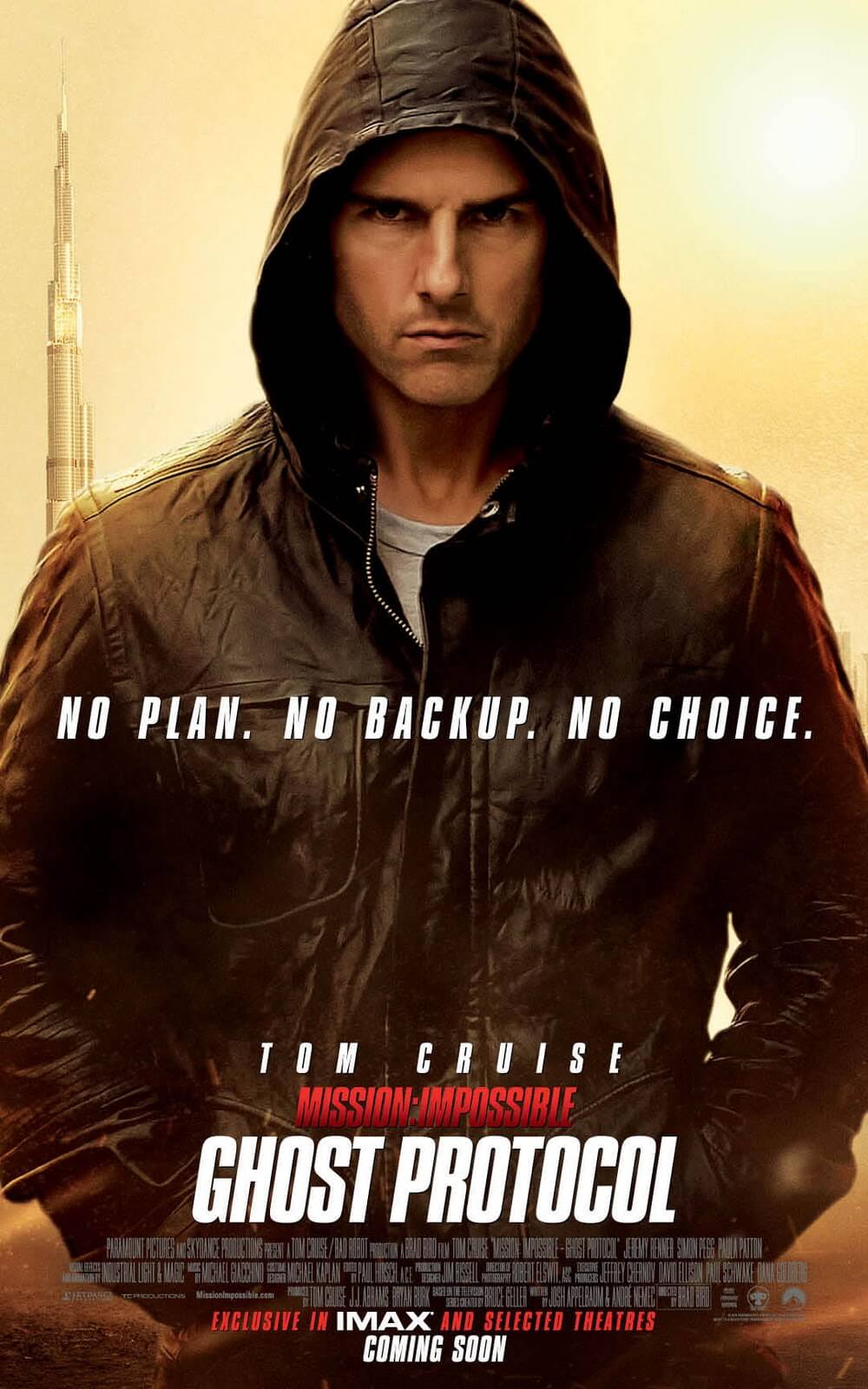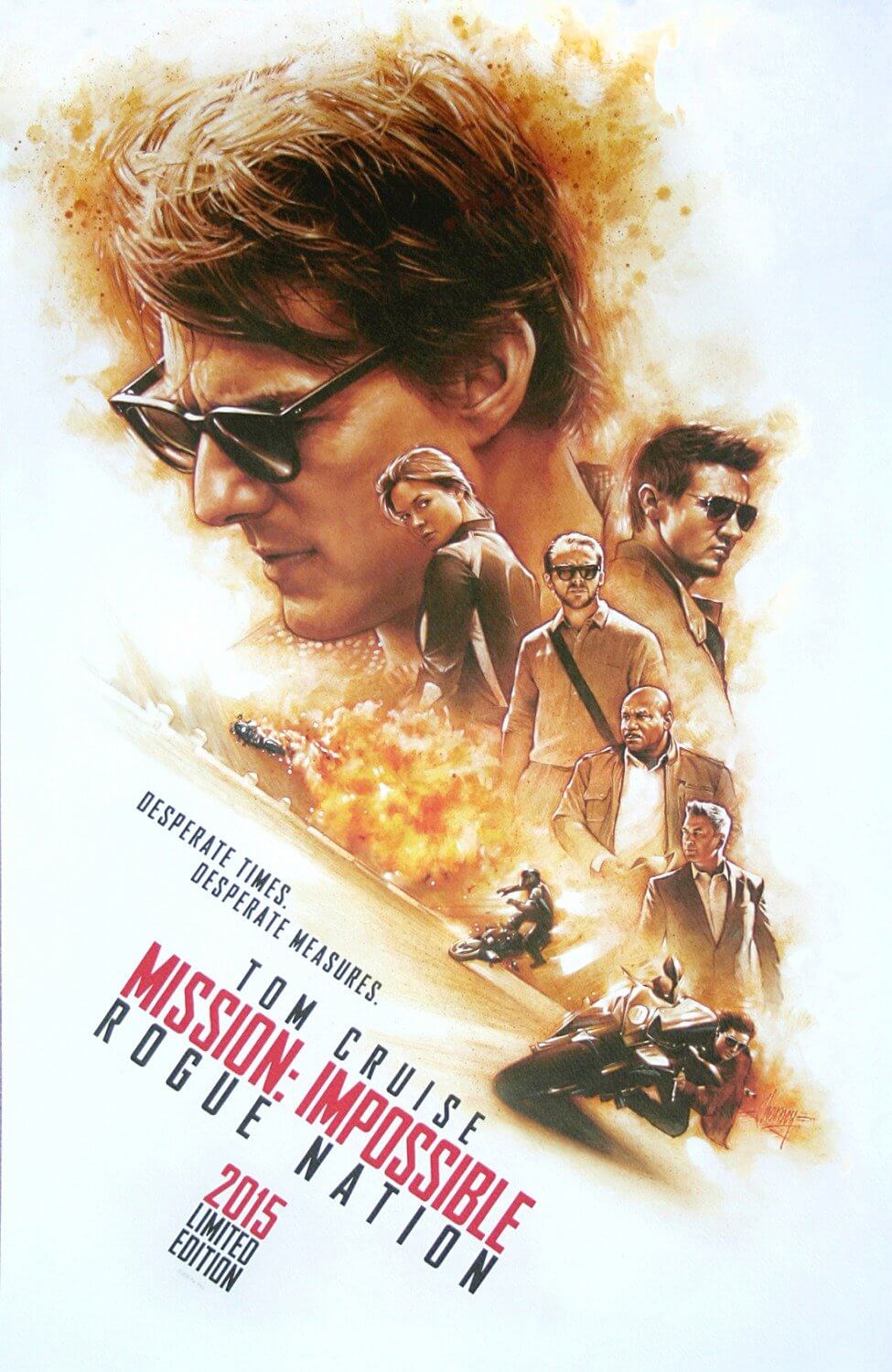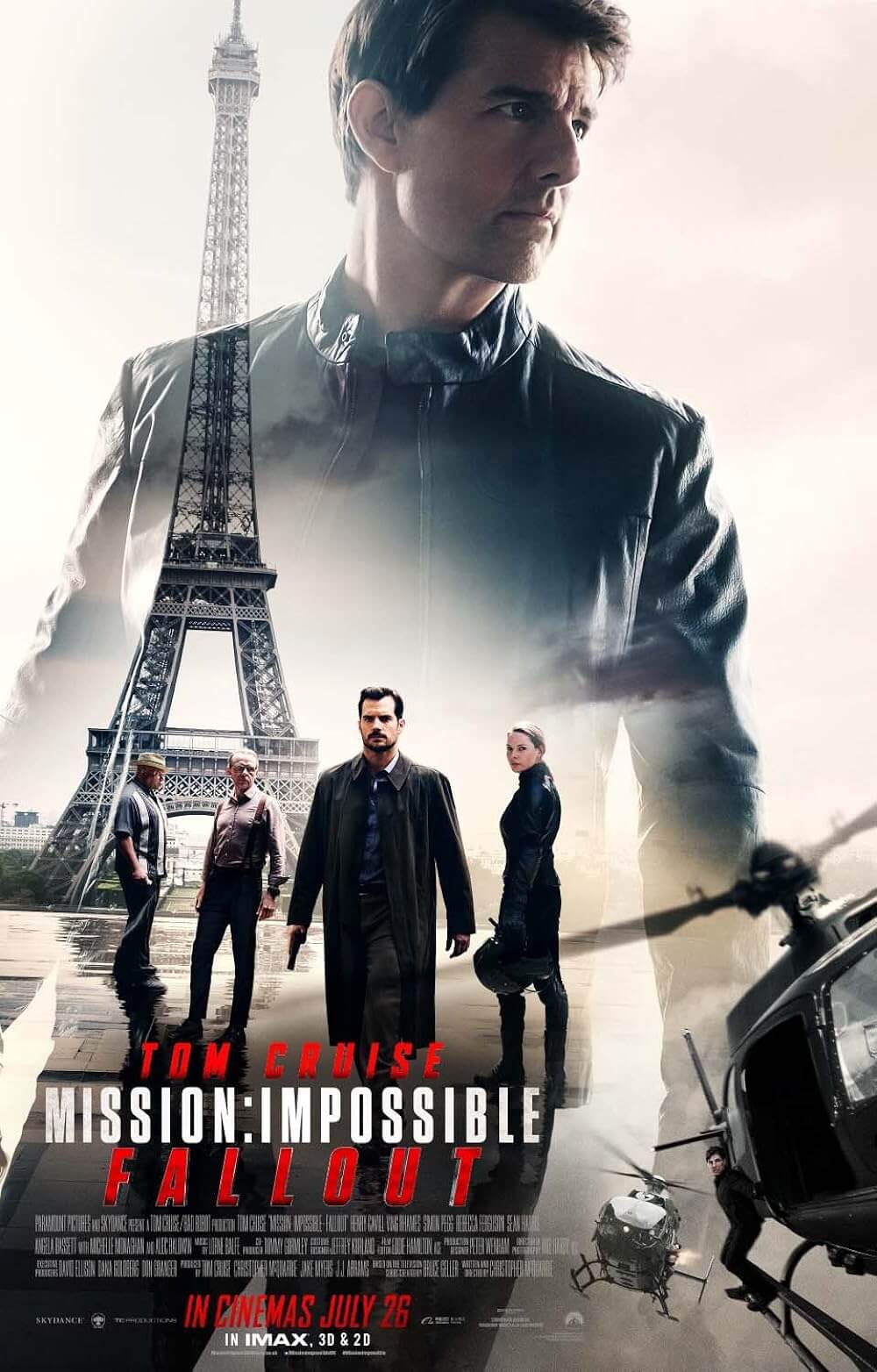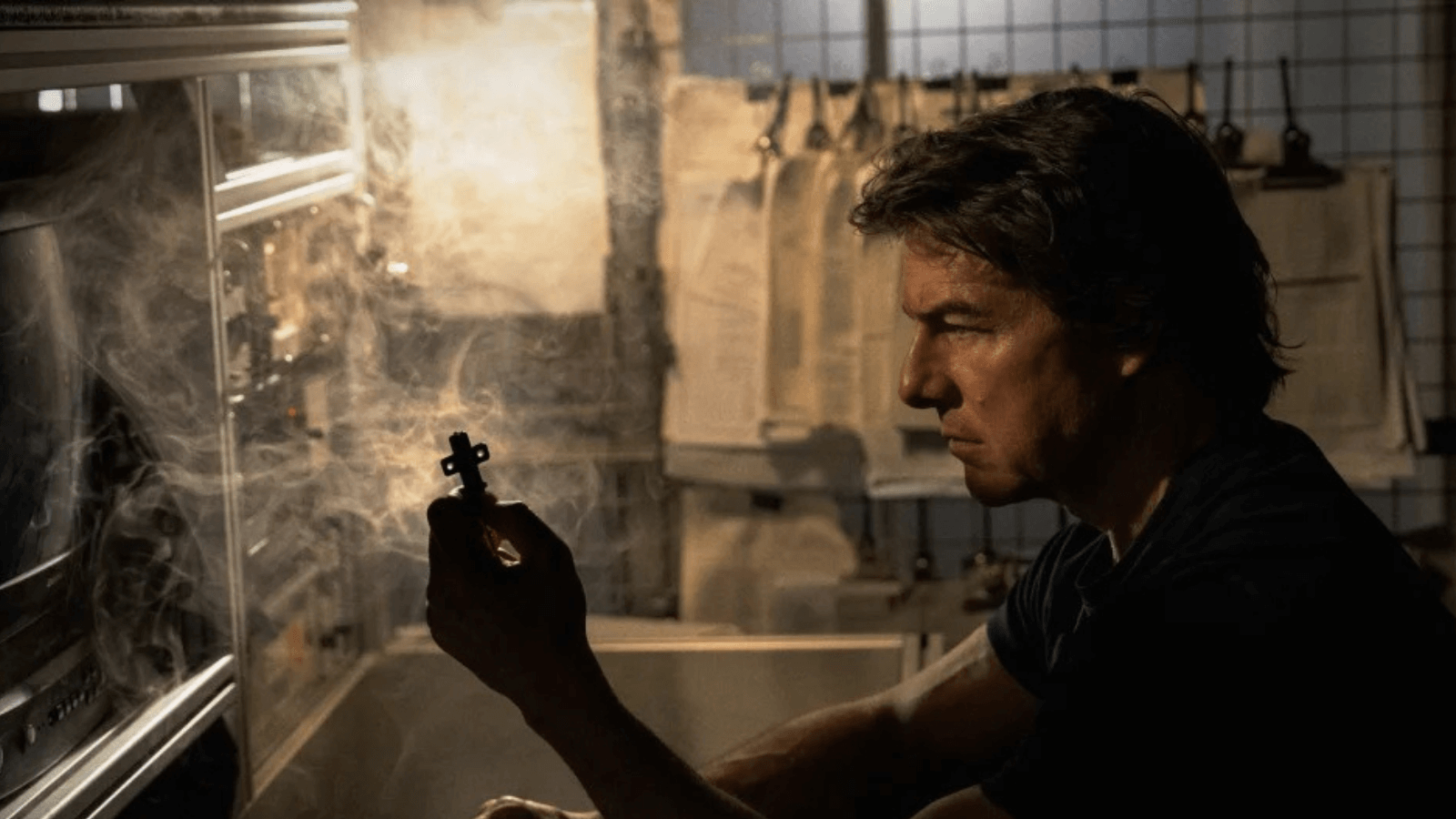
Mission: Impossible – The Final Reckoning
By Brian Eggert |
Note: This review was originally published on May 15, 2025.
Christopher McQuarrie tries to accomplish a lot with Mission: Impossible – The Final Reckoning. For this seemingly last entry in one of Hollywood’s most enduring franchises, the director and his co-writer Erik Jendresen attempt a conclusion that weaves together plot points and characters from the last 30 years and seven installments, giving them added significance by folding their storylines into this one. McQuarrie also hopes to create the biggest sequel so far and out-spectacle its predecessors. Even though Tom Cruise’s Ethan Hunt and his various team members have saved the world from deadly viruses, terrorist organizations, and nuclear war before, the new entry establishes the most dangerous threat yet—one in which not only truth but all of humanity faces extinction. But the globe-trotting story—leaping from Austria to the Bering Sea, from a top-secret underground location housing the US government to a South African “Doomsday Vault”—is merely the pretense for a blockbuster on a massive scale, costing a reported $400 million. And while the movie delivers incredible popcorn-munching thrills over its nearly three-hour runtime, with Cruise showboating and performing nerve-shattering stunts as only he can, the story underwhelms next to the showmanship on display.
Apparently, McQuarrie, who has helmed the last three sequels in the M:I series and has been collaborating with Cruise since 2008’s Valkyrie, rethought the title—2023’s Dead Reckoning Part One no longer has a Part Two. Even so, The Final Reckoning picks up a short while after the last one and maintains the same dour tone as its predecessor, with the director slathering on gravitas to bring the series to a monumental conclusion. A couple of laughs and smiles aside, this sequel proves just as self-serious, marked by the heavy score by Max Aruj and Alfie Godfrey. The threat in this post-truth world is the long-gestating artificial intelligence called The Entity, which runs rampant through cyberspace and has slowly gained control over many countries’ nuclear arsenals, with only a few superpowers left before it can carry out its master plan to wipe out the human race. It’s a plot that uses Sidney Lumet’s Fail Safe (1964) as a launchpad, right down to the POTUS (Angela Bassett, a terrific alternative to our current reality) weighing whether to sacrifice a US city to prevent a global nuclear war. But as McQuarrie and Jendresen hammer in the stakes, they also spend a lot of time tying up loose plot threads and creating a few new ones.
For instance, what’s happening with Luther (Ving Rhames), the hacker-turned-IMF agent who suddenly appears inexplicably ill? There’s also the human villain, Gabriel (Esai Morales), a figure whose mysterious role in Hunt’s past was hinted at in Dead Reckoning Part One. We never learn the details about Gabriel or why, for Hunt, this villain remains so personal, making him an underwhelming baddie compared to, say, Philip Seymour Hoffman in M:I – III (2006) and Henry Cavill in M:I – Fallout (2018). While Gabriel lacks personality and a fleshed-out backstory, The Entity is a faceless threat, talking in a computerized voice through a pulsating visual display that looks vaguely eye-like. While relatable, given the world’s current obsession with all things AI, it’s not exactly compelling to watch characters fight against something that exists only in a virtual space. And though there’s a brief mention of a cult devoted to The Entity, its actions play only a minor role in the proceedings. Instead, the greatest danger appears in a series of digital countdowns to Armageddon, requiring more than one bomb to be defused.
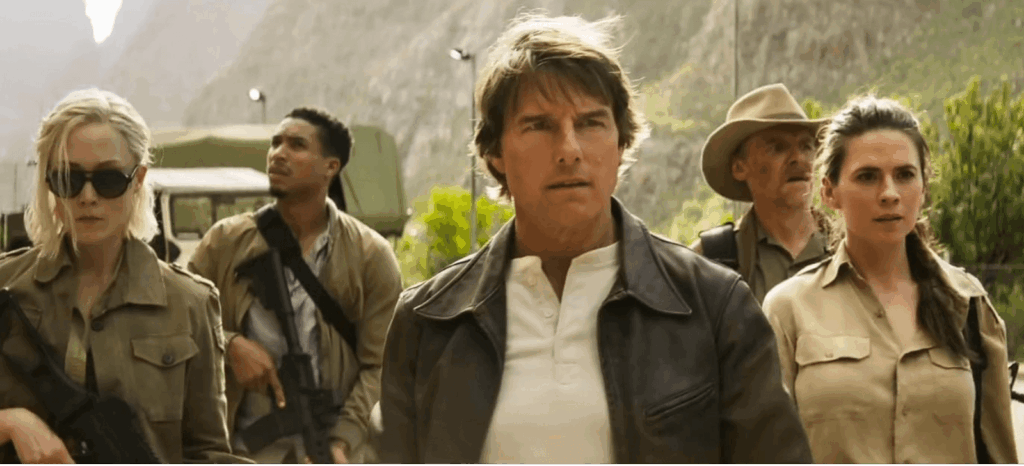
McQuarrie and Jendresen also consider 30 years of earlier plotlines, and herein lies the most frustrating aspect of The Final Reckoning. For much of the first hour, McQuarrie and editor Eddie Hamilton supplement the exposition-heavy script with flashbacks to previous movies—the 1996 original and III most of all—to justify their retroactive continuity. In service of this, they replay moments from Dead Reckoning Part One and, when the situation gets complicated, McQuarrie reiterates images and dialogue from moments that just happened. Although The Final Reckoning boasts a lengthy runtime, I’d say that about 30 minutes or more are devoted to restating ideas or recycling footage. It’s as though McQuarrie thinks his audience won’t remember not only the seven previous movies but also what just happened in this film. This suggests the script is either overcomplicated or he no longer trusts that the audience is smart enough to follow along. Either way, McQuarrie, who wrote two of the sharpest installments with Rogue Nation (2015) and Fallout, delivers a less elegant movie. It’s a far cry from Brian De Palma’s sophisticated approach in the first film, a masterful work of cinematic sleight of hand that respected its audience enough to know they could keep up.
McQuarrie seems so preoccupied with underlining how the events in The Final Reckoning are 30 years in the making, his interest in characters proves secondary. The techie Benji (Simon Pegg), pickpocket Grace (Hayley Atwell), and others speak in overbearing dialogue about Hunt’s savior role. “Everything you are, everything you’ve done has come to this,” says Kittridge (Henry Czerny). Multiple characters underscore the showdown between The Entity and Hunt as the hero’s fate. “It is written,” they say several times. “This is your reckoning,” they tell Hunt, as though the viewer didn’t get that from the title. Meanwhile, as various forces attempt to control The Entity, many believe no one else on Earth is more trustworthy and capable of stopping this malevolent force than Hunt, whom others talk about like he’s a miracle worker with an unshakable moral compass. They’ve all become acolytes in the Church of Ethan Hunt. It’s all a bit lofty, with the fun quotient turned down in service of the situation’s gravity. It made me yearn for entries such as Ghost Protocol (2011) that knew how to inject joy and humor into the thrills, making the movie seem airy despite the grave nuclear threat. The unyielding weight of The Final Reckoning can feel oppressive.
Doubtlessly, audiences will overlook my complaints above and focus instead on The Final Reckoning’s two jaw-dropping sequences that overshadow anything else this movie offers. The first involves a deep-sea dive to the sunken submarine from Dead Reckoning Part One, where Hunt must descend to perilous depths to recover a thingamajig that has The Entity’s original source code, recalling a similar dive from James Cameron’s The Abyss (1989), a clear inspiration for McQuarrie. For obvious reasons, Cruise’s performance is aided by plenty of convincing CGI, as Hunt navigates falling torpedoes and cramped underwater conditions inside a rolling submersible headed for a drop-off—a claustrophobic undersea nightmare that had me squirming in my seat. The other sequence involves two biplanes, with Cruise hanging on for dear life, his face flapping like a dog with its head out the car window. Along with two scenes of impressive hand-to-hand combat—one with the 62-year-old Cruise fighting in his boxer briefs, looking in better shape than most of us will ever be—the action in this sequel is worth the price of admission.
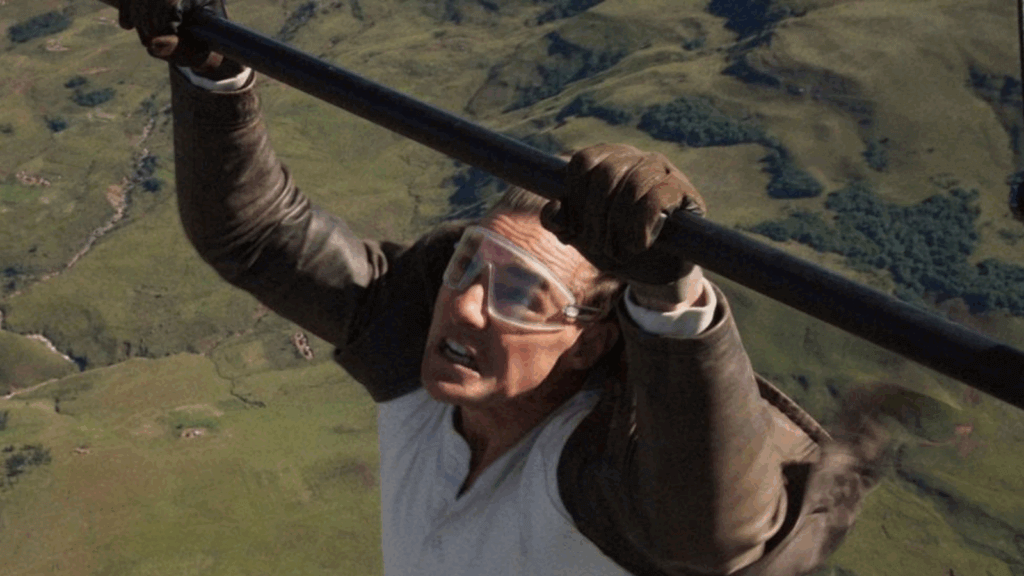
Cruise, who’s always impressive both for his stunts and small exasperated expressions, is joined by the rest of the returning ensemble. And McQuarrie fills out his roster of characters with some worthy newcomers and familiar faces. Tramell Tillman (from Apple TV+’s Severance) steals his scenes from Cruise in a minor role. Pom Klementieff is fierce as Gabriel’s former associate, now working with Hunt to get revenge. The reveal of Shea Whigham’s mysterious Jasper Briggs elicits a collective “Oh…” from the audience upon learning about his ho-hum backstory. Greg Tarzan Davis, Holt McCallany, Nick Offerman, Hannah Waddingham, Katy O’Brian, Charles Parnell, Janet McTeer, and others—some of whom I shouldn’t mention to avoid spoilers—all make worthy additions. Indeed, McQuarrie matches the finale’s sheer scope, price tag, and story with a star-studded ensemble, but only Cruise, Atwell, and Pegg feel like their characters receive their due screentime.
Despite its epic-sized runtime, embarrassingly huge budget, end-of-the-world stakes, and loaded cast, The Final Reckoning somehow feels like a lesser film than the sequels with lower stakes and less money. McQuarrie has lost his way with these last two installments. He spends too much time substantiating the importance of everything happening onscreen rather than involving his audience in the story’s momentum. He devotes long, tiresome passages to going over information we already know or remember from two scenes ago, while talking down to the viewer, when usually the series challenges us to keep up. It’s as though McQuarrie and company got too caught up in trying to deliver an epic conclusion and forgot to tell a good story with the clarity of purpose found in its predecessors. However, I suspect many viewers will forgive or overlook such concerns for its wowing stunts and effects. And on those terms, the film delivers plenty of thrills and unforgettable sequences that must be seen on an IMAX screen. Still, The Final Reckoning disappointed me as a concluding chapter by trying too hard to tie the entire series together and flailing in its execution.
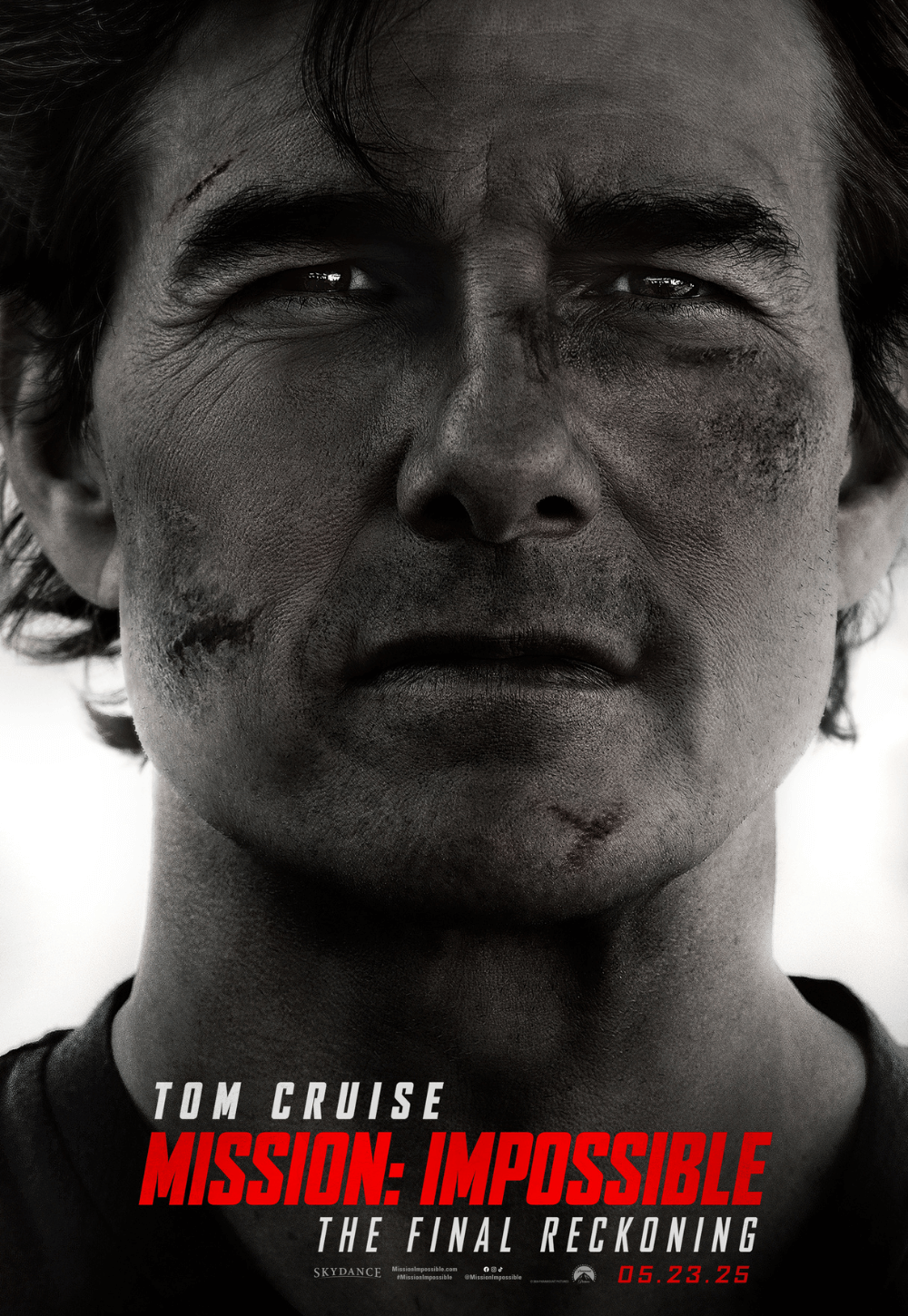
Thank You for Supporting Independent Film Criticism
If the work on DFR has added something meaningful to your love of movies, please consider supporting it.
Here are a few ways to show your support: make a one-time donation, join DFR’s Patreon for access to exclusive writing, or show your support in other ways.
Your contribution helps keep this site running independently. However you choose to support the site, please know that it’s appreciated.
Thank you for reading, and for making this work possible.
Brian Eggert | Critic, Founder
Deep Focus Review


